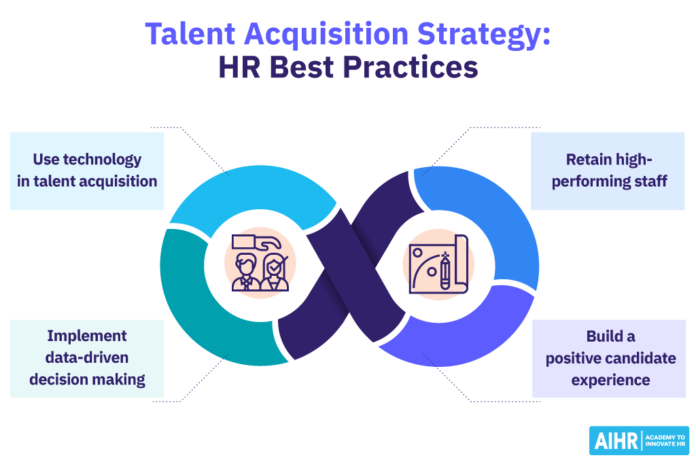With today’s fast-changing business environment, conventional talent procurement strategies frequently do not come up to par for organizational requirements. The usual preoccupation with track records and concrete skill sets has the potential to miss the extremely high-potential talent able to perform within changing conditions. To develop the robust and entrepreneurial workforce necessary in today’s new economy, companies need to shift their paradigms in attracting talent toward projecting future promise in lieu of tracking records.
- Embracing the Limits of Traditional Recruitment.
Traditional recruitment practices focus on candidates’ prior job titles, educational levels, and particular experiences. Although these aspects give us information about a candidate’s history, they do not always indicate potential for future success or flexibility. This practice can unconsciously disqualify broad pools of talent, such as those with nontraditional backgrounds who have the capability and passion to succeed.
- Focusing on Potential and Transferable Skills.
A forward-thinking talent acquisition approach focuses on finding candidates with transferable skills and growth potential. Skills like problem-solving, emotional intelligence, and learning attitude are precious in today’s dynamic workspaces. By evaluating these traits, companies can discover hidden gems who do not necessarily fit the classic profile but have the potential to be drivers of innovation and success.
- Leveraging Data-Driven Recruitment.
The incorporation of data analytics in the hiring process allows companies to make decisions based on objective facts. Sophisticated tools can examine patterns and forecast candidate success by analyzing factors outside of the resume, including cognitive capacity and cultural alignment. This analytical approach reduces bias and aligns hiring with long-term organizational objectives.
- Fostering a Culture of Ongoing Learning.
Investment in employee growth is important in grooming leaders of the future. Organizations need to establish cultures that facilitate ongoing learning and opportunities for skill advancement. This not only increases worker engagement but also allows for a workforce capable of staying abreast of new challenges and technologies.
- Leveraging Nontraditional Talent Pools.
Broadening hiring activities to nontraditional talent sources can fill skills gaps and provide new ideas. For example, candidates who have changed industries or are re-entering the labor force after an absence can provide fresh ideas and experiences. Companies increase creativity and problem-solving by appreciating varied backgrounds.
- Flexible and Inclusive Hiring Practices.
Current job seekers look for employers that allow flexibility and respect for inclusiveness. Organizations are required to modify by offering differentiated benefits to appeal to different commitments and stages in life. Work-life balance-sensitive culture, flexible work options, and full-service benefits packages lure the best. Moreover, preventing job postings and recruitment processes from being biased urges applications from wider pools of people.
- Leveraging AI and Technology to Recruit.
Artificial Intelligence (AI) is revolutionizing talent acquisition by eliminating mundane tasks and offering more insights into candidate fit. AI-enabled tools have the ability to automate resume screening, improve candidate engagement, and forecast future performance by examining different data points. For instance, organizations such as Chipotle have been able to utilize AI-enabled virtual assistants to accelerate hiring, thereby saving considerable time-to-hire and enhancing candidate experience.
- Aligning Talent Strategy with Organizational Vision.
A proactive talent acquisition plan follows closely with the organization’s future vision and strategy. This requires a grasp of what skills and abilities are necessary for future achievement and creating an advance pipeline of prospects that hold these qualities. By taking such a proactive step, organizations better prepare themselves for dealing with eventualities of the future and remaining competitive.
In summary, a move from legacy recruitment practices to a future-oriented talent acquisition strategy is crucial for organizations that seek to succeed in a rapidly changing business landscape. By emphasizing potential over experience, harnessing technology, and creating inclusive cultures, businesses can create flexible teams poised to address the needs of the future.





